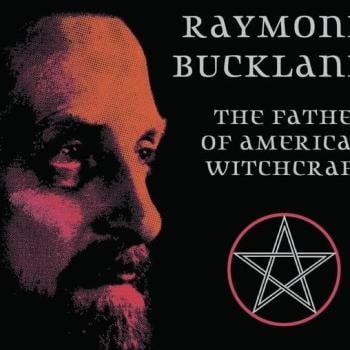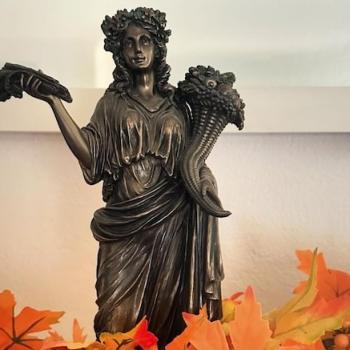What Is It?
Samhain is all sorts of things depending on what resonates most with you. For many it’s a celebration of the third and final harvest of the year. It’s also a time when many Witches seek reunion with the dead. Most Witches believe that at Samhain “the veil between the living and the dead” is at its thinest. Judging by page-views here at Patheos Pagan, Samhain is the most popular of all the sabbats (which means traffic here is usually up considerably in October).
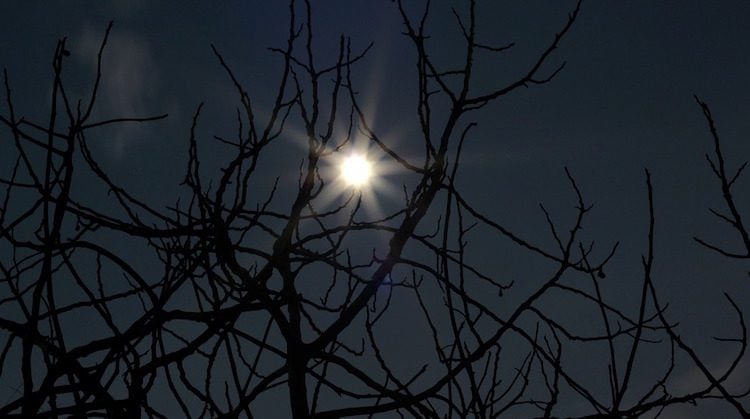
Samhain is generally celebrated on October 31, though there are some Witches who celebrate it on the night of October 30. Samhain is one of the greater sabbats and a “cross-quarter” holiday, meaning that it’s situated approximately between the Autumn Equinox and the Winter Solstice. I say approximate because the actual cross-quarter date is closer to November 7 most years. Many Witches celebrate “Astrological Samhain” by waiting for the actual “in between” date. I think of Samhain more as a season than an actual date, anytime from the middle of October through the first ten days of November is a good time to honor the sabbat. (I’ve always felt that Samhain feels more like Samhain if it’s celebrated after sunset, but one can celebrate anytime of day.)
Samhain is often thought of as a Celtic holiday, but there’s no evidence it was observed throughout the Celtic World. The first references we have to Samhain come from Ireland (and later Scotland after many Irish folks moved there). For this reason I often write about the ancient Irish-Celtic celebration of Samhain. It’s worth noting though that the (Celtic) Welsh called October 31 Calan Gaeaf (the first day of Winter), but didn’t seem to attach much significance to it. Because of this it’s possible that October 31 was a big deal outside of Ireland, but there’s no evidence suggesting that as of now.
Is Samhain the Witch’s New Year?
It is if you want it to be. Many people believe that the ancient Irish-Celts celebrated Samhain as the start of the new year, and this idea was later incorporated into many Witchcraft traditions. The Irish-Celts most likely saw Samhain as the start of Winter, we’re less sure that they saw it as the start of a new year. (The idea of Samhain as the new year actually really only dates to the late 19th/early 20th Century.) However, when one chooses to begin a “new year” is rather arbitrary, so if the idea makes sense to you, run with it! For the record, there are some Witches who celebrate the start of the new year at Yule, Imbolc, Ostara, Beltane, and even January 1, so Samhain as the new year isn’t universal, though it’s pretty popular.
What Does Samhain Mean?
We aren’t really sure? Many people believe that it means “Summer’s end,” an idea taken from the Tenth Century text the Wooing of Emer. In that particular tale the heroine Emer mentions Samhain as the time “when the Summer goes to rest.” From this phrase we get “Summer’s End.” Even if Samhain doesn’t literally translate as Summer’s end the idea is nice and certainly poetic.
I feel like I should also add that there was never a deity named Samhain. This piece of misinformation comes up in a lot of anti-Halloween propaganda spread by Christians who have no idea what they are talking about and is absolute rubbish. Please don’t repeat it.
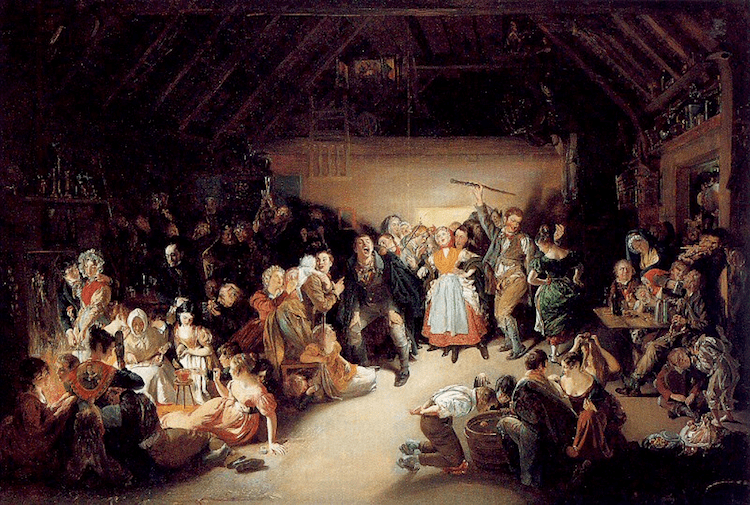
Did Ancient Pagans Celebrate Samhain?
Absolutely! What we don’t know is exactly what they did on the holiday. It was most likely a time for large gatherings, which might have involved tribal politics, the making of laws, and feasting. With the grain harvest already gathered and most military campaigns finished there was free time for such things.
It’s also likely that Samhain was seen as a time of great supernatural influence, but not in the way most Witches think of it today. Instead of reuniting with the dead, most people who celebrated Samhain were probably busy being terrified of the fey! In some places bonfires were built to keep the fey away and the people safe. Many Irish myths begin on Samhain, most usually coupled with strange happenings.
Most of the things we associate with Samhain today were not a part of the original holiday. There was no thinning of the veil, no visits from the dead, no trick or treating, and no jack-o-lanterns. I should point out that it probably still felt like Samhain, it just wasn’t much like our more modern version of the holiday.
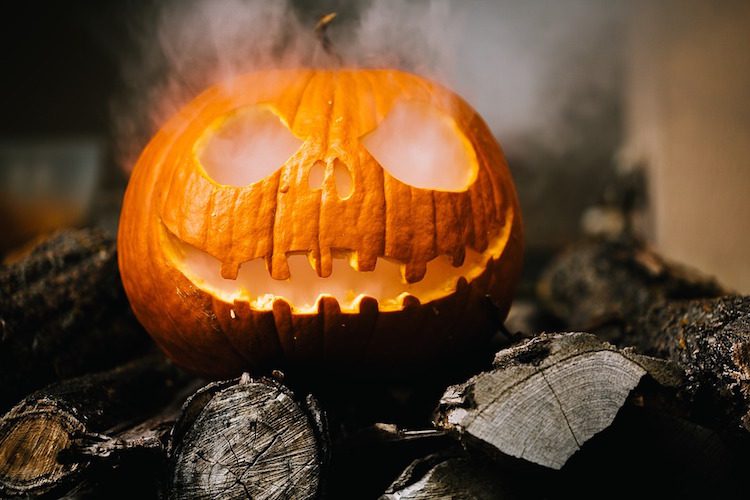
Are Samhain and Halloween the Same Thing?
I’m sure they are related in some way and that people initially celebrated Halloween because of Samhain, but they aren’t the same thing. Halloween today is a secular holiday, and the customs we associate with it come from ancient paganism(s), Christianity, and completely unreligious sources too. In some ways the modern celebration of Halloween is an American holiday. We Yanks added trick or treating to the mix (though that particular activity is based on the very old custom of wassailing), and made dressing up in costumes nearly mandatory. In much of England Guy Fawkes Day was the predominant Autumn celebration.
For me, uncoupling Samhain and Halloween has increased my enjoyment of both holidays. Samhain is a holiday for Witches (and other Pagans of course!), while Halloween is a holiday for everybody, regardless of belief. I see many Witches who lament “the commercialization of Halloween.” Sorry, Halloween, like most holidays, has always been commercial. The current popularity of Halloween is due in large part to commercialism. Jack-o-lanterns have nothing to do with my Samhain rites, though they do look pretty cool on an altar.
If you choose to mix up the two holidays, go right ahead! Holidays are what we make of them, but Halloween has evolved from the original celebration of Samhain and has truly become its own thing.
What Are the Best Ways to Celebrate Samhain?
However you want? I tend to focus on reuniting with the dead at Samhain, but rituals built around the harvest are most certainly appropriate too. I’ve also participated in rituals involving the sacrificial Horned God. For those that celebrate Samhain as the start of the New Year, rituals about new beginnings and/or endings are also appropriate. Heck, some years I do all of these things!
Samhain-season is also close to Election Day in the United States. If you’ve got a favorite candidate or simply worry about the rights of your fellow Witches, Samhain is a good time to work on that too.
No matter what you do, just make sure it resonates, and most importantly, have a blessed and meaningful Samhain.








